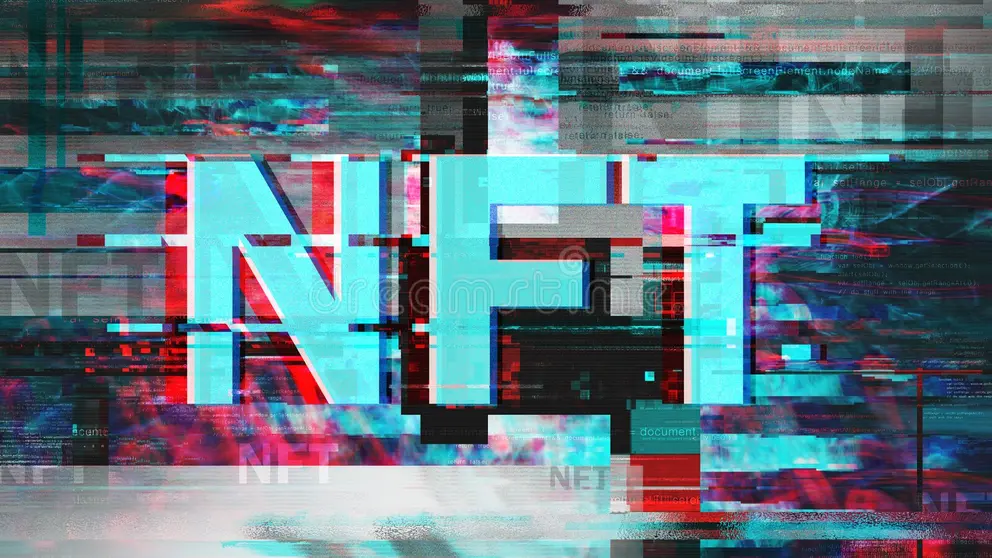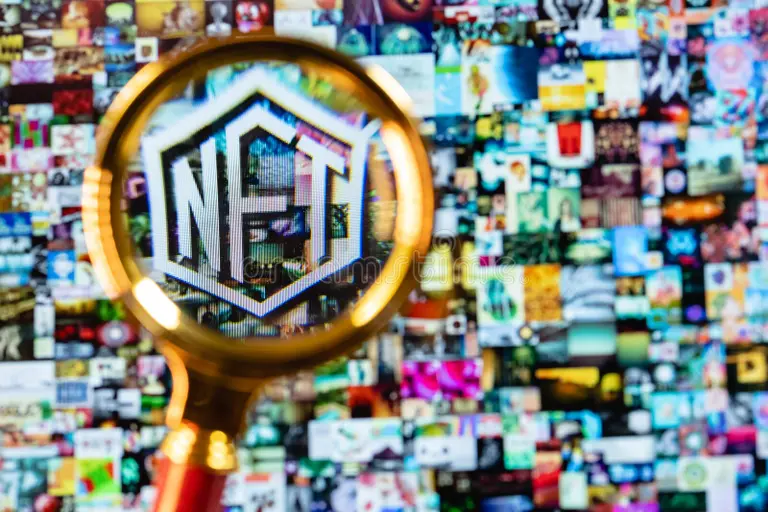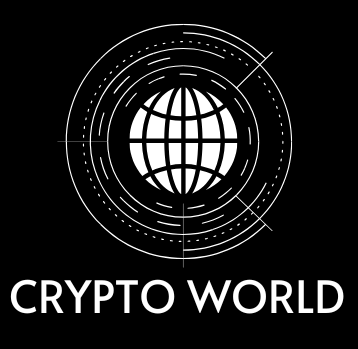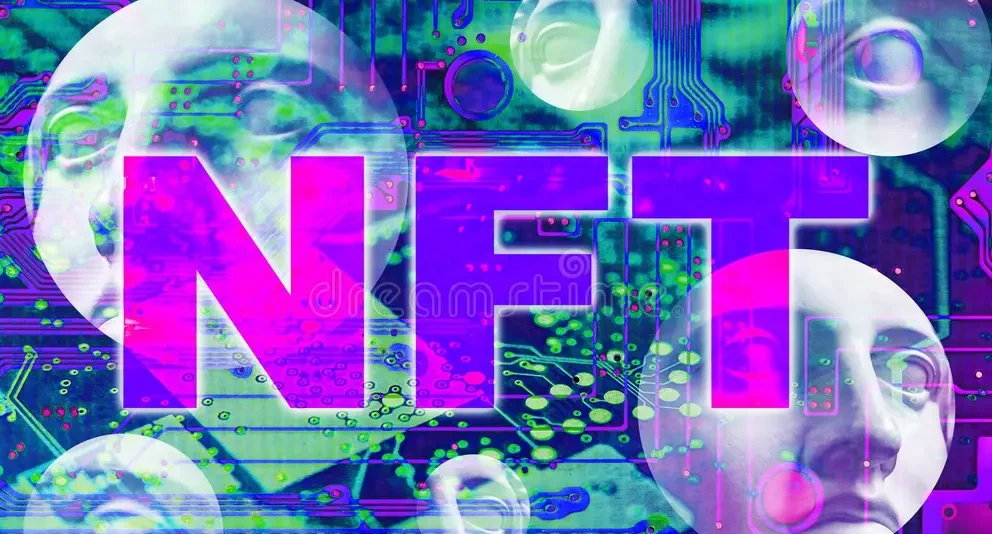In the past few years, Non-Fungible Tokens (NFTs) have been at the epicenter of digital innovation, captivating the worlds of art, entertainment, and finance. As we navigate through 2025, the question on everyone’s mind is whether NFTs are still a relevant force or merely a fading trend. This blog post delves into the current landscape of NFTs, exploring their impact, challenges, and future prospects.
The Rise of NFTs: A Brief Overview
NFTs first burst onto the scene in 2017 with the introduction of CryptoKitties, a blockchain-based game that allowed users to buy, sell, and breed virtual cats. However, it wasn’t until 2021 that NFTs truly captured mainstream attention. This surge was fueled by high-profile sales, such as Beeple’s digital artwork selling for $69 million at Christie’s auction house, and the increasing adoption of blockchain technology.
Fast forward to 2025, and NFTs have evolved far beyond digital art. They’ve infiltrated various sectors, including music, gaming, real estate, and even fashion. But with this rapid expansion comes the inevitable question: Are NFTs here to stay?

NFTs in 2025: A Snapshot
Art and Collectibles
Art remains one of the most popular applications of NFTs. Artists and creators continue to leverage blockchain technology to authenticate and monetize their work. Unlike traditional art sales, NFTs provide artists with a mechanism to earn royalties on secondary sales, ensuring ongoing income.
In 2025, the NFT art market has become more sophisticated, with platforms offering fractional ownership, allowing collectors to invest in high-value pieces without the hefty price tag. However, the market isn’t without challenges. Concerns about environmental impact, copyright infringement, and market saturation persist.
Gaming and Virtual Worlds
The gaming industry has fully embraced NFTs, with game developers integrating them into gameplay experiences. Players can own, trade, and sell unique in-game assets, creating a vibrant virtual economy. In 2025, major gaming companies continue to explore NFTs as a means of enhancing player engagement and revenue streams.
Virtual worlds, or metaverses, have also gained traction, with digital real estate becoming a hot commodity. Brands are establishing virtual storefronts, and events are hosted within these immersive environments. However, the success of NFTs in gaming and virtual worlds hinges on interoperability and user adoption.
Music and Entertainment
NFTs have revolutionized the music industry by providing artists with new revenue streams and greater control over their intellectual property. Musicians can release exclusive content, concert tickets, and merchandise as NFTs, fostering direct connections with fans.
In 2025, the music NFT space is thriving, with artists experimenting with innovative ways to engage audiences. However, questions about copyright, licensing, and fan accessibility remain ongoing challenges.
The Challenges Facing NFTs
Despite their widespread adoption, NFTs face several hurdles that could impact their longevity.
Environmental Concerns
The environmental impact of NFTs, particularly those on the Ethereum blockchain, has been a topic of heated debate. The energy-intensive process of minting and trading NFTs has drawn criticism from environmentalists and consumers alike. While Ethereum’s transition to a more sustainable proof-of-stake model in 2022 alleviated some concerns, the industry continues to seek greener solutions.
Regulatory Uncertainty
As NFTs gain prominence, regulatory bodies worldwide are grappling with how to classify and regulate them. The lack of clear guidelines creates uncertainty for creators, investors, and platforms, potentially stifling innovation. In 2025, ongoing discussions about consumer protection, taxation, and intellectual property rights are crucial to the sector’s future.
Market Volatility
The NFT market has experienced its fair share of volatility, with prices fluctuating dramatically. While some view this as a natural part of an emerging market, others worry about speculative bubbles and potential crashes. In 2025, market participants must navigate these uncertainties to ensure sustainable growth.

The Future of NFTs: Opportunities and Innovations
Despite the challenges, NFTs continue to offer exciting opportunities and innovations.
Integration with Emerging Technologies
The convergence of NFTs with other emerging technologies, such as artificial intelligence (AI) and augmented reality (AR), opens new possibilities. AI-generated NFTs are gaining popularity, allowing for dynamic and interactive digital assets. AR enhances the user experience, enabling users to interact with NFTs in real-world environments.
Expansion into New Sectors
NFTs are venturing into uncharted territories, including real estate, fashion, and education. In real estate, NFTs are used for tokenizing property ownership and streamlining transactions. The fashion industry is exploring digital fashion, with virtual clothing and accessories gaining traction among consumers. Meanwhile, educational institutions are experimenting with NFTs for issuing certificates and credentials.
Community and Social Impact
NFTs are fostering communities and driving social impact initiatives. Artists and creators are leveraging NFTs to support charitable causes, with proceeds from sales benefiting nonprofits. In 2025, the NFT community continues to explore ways to make a positive difference in the world.
Conclusion: Are NFTs Here to Stay?
As we assess the state of NFTs in 2025, it’s clear that they remain a significant force in the digital landscape. While challenges persist, the potential for innovation and positive impact is undeniable. Whether NFTs will continue to thrive or fade into obscurity depends on how the industry addresses these challenges and seizes new opportunities.
Ultimately, NFTs are more than just a passing trend—they represent a paradigm shift in how we perceive ownership, creativity, and value in the digital age. As long as the community remains committed to sustainable practices, regulatory clarity, and technological advancement, NFTs are poised to remain a relevant and transformative force in the years to come.

